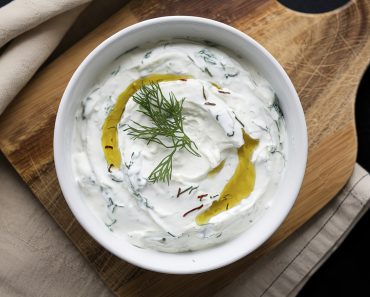
Imagine a beautiful summer evening; Small shared appetizers known as Greek meze are abundant, and chats, laughter, and bonding are on the menu. This is the essence of Greek meze culture, a tradition that has kept communities and groups of friends together, shaping what it means to be Greek. The Greek meze is a social ritual—a living tradition of Greece’s culinary history.
The Ancient roots of meze, the Greek shared appetizers
To understand meze, we must delve through multiple levels of Mediterranean history. The term itself derives from the Persian “mazze,” meaning “taste” or “snack,” but its cultural DNA stretches back to antiquity. Homer’s Odyssey hints at early prototypes of meze, describing feasts of goat cheese and bread shared among Odysseus’s crew. Ancient Greek symposia—gatherings where philosophers reclined on klinai (couches) to debate over wine and small bites—were another foundational rock upon which this communal dining style was built.

The Byzantine Empire and Ottoman occupation of Greece further changed and enriched this tradition. Persian-influenced Turkish cuisine introduced more spiced meats and stuffed vegetables to the meze ritual. Simultaneously, Venetian traders, who dominated the Mediterranean trading routes, brought new ingredients like tomatoes and peppers to the Greek population’s culinary tables.
By the 19th century, mezedopolia (meze taverns) dotted port cities across metropolitan Greece like Volos, where fishermen and merchants chatted (and very often passionately disagreed) about politics over salted sardines and tsipouro. As food historian Giorgio Pintzas Monzani noted in the past for the Greek Reporter, “Meze became the culinary embodiment of philoxenia—the Greek concept of hospitality that welcomes strangers as gods.”
In Greece (as in many cultures across the eastern Mediterranean), sharing meze is less about the food itself but more about human connection. A typical scene of Greeks sharing a meze table on a summer evening looks like this: tables overflowing with small plates, glasses clink, and voices rise in passionate discussion, where banter and friendly disagreements are the norm. This tradition persists today, with most Greeks sharing meals at every opportunity.

The Greek meze tradition is rich with flavors, textures, and social customs that define Greek hospitality. This communal dining experience follows unspoken rules, with food served on shared plates rather than individual ones. The gradual arrival of dishes is another core element of the Greek meze experience, promoting extended socializing, while the choice of drinks influences the menu selection. A well-crafted meze spread includes dishes such as dolmadakia (stuffed vine leaves), kalamarakia (crispy squid), and tyrokafteri (spicy feta dip), with regional specialties such as Cretan staka, Macedonian soutzoukakia, and Aegean marathopites.
Traditional spirits like raki, tsipouro, or ouzo, serve as social catalysts and often come with family recipes, enriching the Greek meze experience. While these strong spirits are traditional, recent years have seen increased beer and wine consumption, particularly among younger generations who prefer them over the customary ouzo or raki. Regardless of the beverage choice, the focus remains on enjoying drinks alongside good food and company. The Ottoman-era tradition of serving complimentary meze with each round of drinks still exists in some areas, such as Volos, making Volos the meze capital of the country.
The meze culture is deeply connected to fundamental principles of Greek society, especially with open and passionate discussions, and hospitality.







